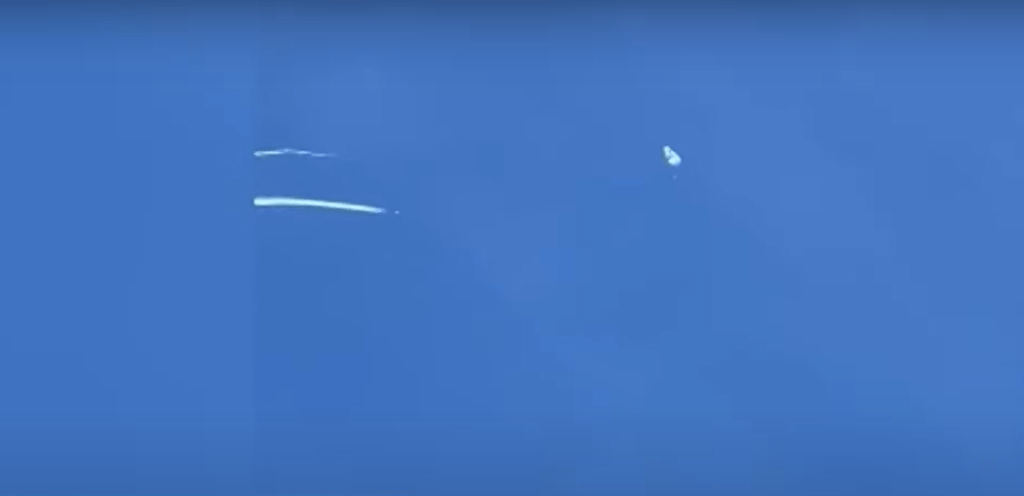
China to take measures against US entities and has announced that it will be taking measures against US entities that are related to the downing of a suspected Chinese spy balloon off the American East Coast. This news was announced by the Foreign Ministry spokesperson, Wang Wenbin, during a daily briefing on Wednesday. While Wang did not provide any details or identify the targets of these measures, it is clear that China is not taking the matter lightly.
The incident in question took place on February 4, when the United States brought down an unmanned weather airship that was allegedly blown off course. China has accused the US of overreacting and using excessive force, as the airship was unarmed and posed no threat to anyone. The US claims that the airship was being used for intelligence purposes and that its destruction was necessary to protect national security.
Since the downing of the airship, the US has sanctioned six Chinese entities that it claims are linked to Beijing’s aerospace programs. These sanctions have further escalated tensions between the two countries, which have already been strained due to disputes over trade, human rights, Taiwan, and China’s claim to the South China Sea.
In response to the US sanctions and condemnation, China has returned accusations of spying against Washington and has threatened to take retaliatory measures. Wang stated during the daily briefing that China “firmly opposes this and will take countermeasures in accordance with the law against the relevant US entities that undermine China’s sovereignty and security.” He also emphasized that China will “resolutely safeguard national sovereignty and its legitimate rights and interests.”
The downing of the airship has raised questions about the nature of China’s activities in US airspace. While China denies that the airship was a military asset, it has yet to identify the government department or company responsible for its creation and operation. The incident has also prompted concerns about the safety of US airspace and the vulnerability of US intelligence gathering operations.
US Ambassador to Japan Rahm Emanuel has characterized the incident as part of a larger pattern of aggressive behavior by China. He has cited China’s recent use of military-grade lasers on a Philippine coast guard patrol vessel, the harassment of US planes by Chinese jets, and the opening of illegal police stations in the US, Ireland, and other countries as evidence of China’s aggressive and expansionist policies.
Emanuel also emphasized that if China wants to be a respected member of the international community, it needs to act appropriately and respect the basic premises of international law. This includes refraining from opening police stations in other countries without permission and respecting the laws of other nations.
Japan has also expressed concerns about Chinese spy balloons in its airspace. The Defense Ministry stated on Tuesday that it has spotted at least three flying objects in Japanese airspace since 2019 that are strongly believed to have been Chinese spy balloons. Japan has protested the incursions and has requested explanations from Beijing.
Senior lawmakers in Japan’s governing party have also indicated that they are considering expanding the Self Defense Force law to include violations of Japanese airspace by foreign balloons. This move would give Japan the legal authority to respond to any future incursions by Chinese spy balloons.
China to take measures against US entities for downing of the suspected Chinese spy balloon has further escalated tensions between China and the United States. The incident has raised concerns about China’s activities in US airspace and prompted accusations of aggressive and expansionist behavior by China. As the situation continues to develop, it remains to be seen what measures China will take against US entities and how the US will respond.
